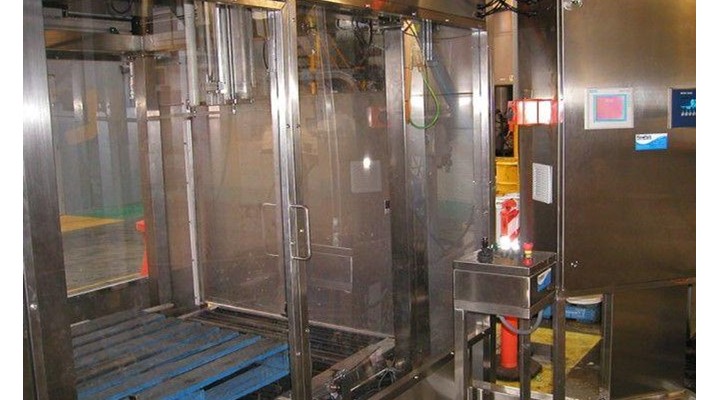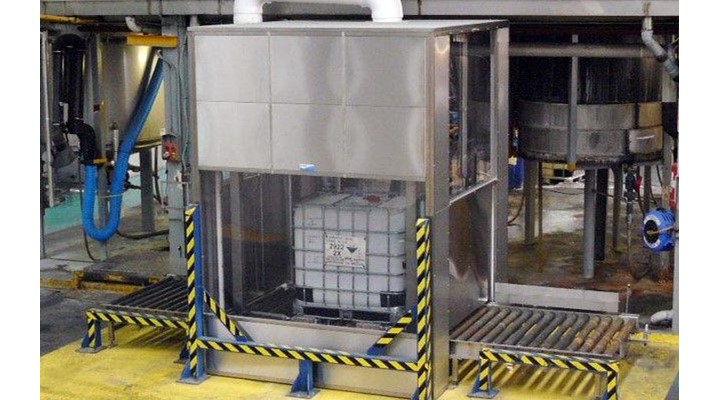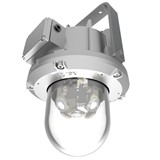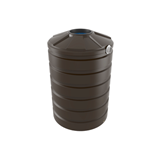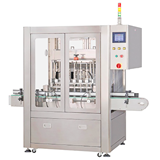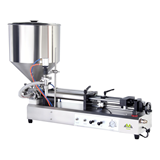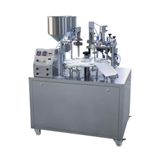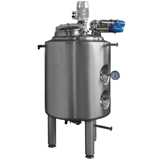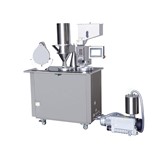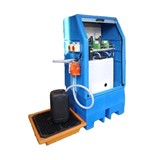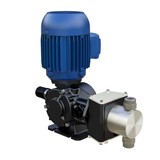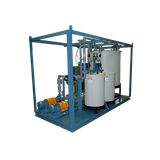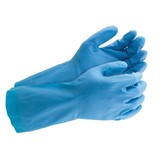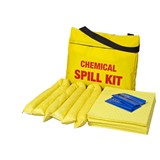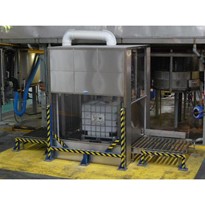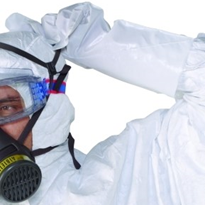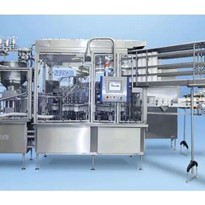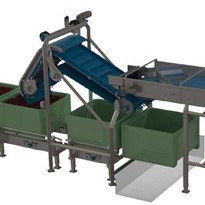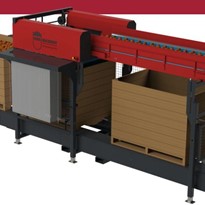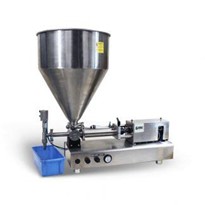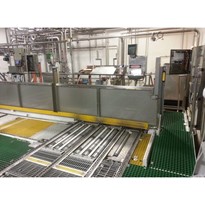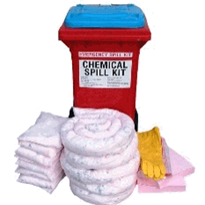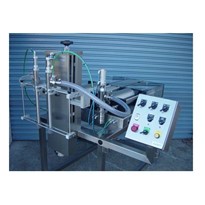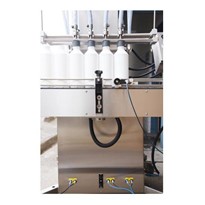The machine was designed and manufactured locally by Flex Pack to comply with Henkel’s new global safety standard.
The system comprises a powered roller conveyor with a fully enclosed central filling station with the operator completely isolated from liquids and fumes. The machine has a three-axis robotic drive system with PLC based controls.
The fill head is made from polypropylene and is immune to the effects of aggressive chemicals. A weigh scale batching system detects the amount of liquid filling into the container and is capable of accuracy to +/- 0.25% whether filling 20, 200 or 1000-litre containers.
“It is a unique system because it can handle extremely dangerous chemicals while still being efficient to operate,” Flex Pack’s director Mark Brown said. “There is no other system we are aware of which is built in Australia and offers the same features and flexibility.
“It meets all the design criteria and is a fascinating machine.”
Previously, Henkel employees were wearing protective clothing while manually filling drums with toxic chemicals. However, the innovative design of Flex Pack’s new filling system means Henkel workers are now completely isolated from dangerous liquids and fumes.
“It was essential we had a machine that protected the operator,” Henkel’s engineering and maintenance manager, Peter Petrucci said. “We wanted it to predominantly handle toxic chemicals, but because of the ease of operation, it can handle anything and has virtually eliminated spill risks.”
He said originally, the filling was all done manually with staff lifting drums on to pallets, “but this new machine is fully automatic and the guys just love it because it makes life so much easier for them”. “It is safer and while filling they can walk away and do something else.”
The system complies with the Australian standard AS4024 Cat3.
Peter Petrucci said he identified two or three manufacturers who he considered approaching to build the system. “Flex Pack was the most suitable to accommodate our needs, they specialise in liquid filling machines and handle these types of products all the time,” Petrucci said.
“We wanted it custom designed to suit our needs and found we could work together with Flex Pack to design and build it to our specifications.
“Ultimately we will purchase another machine. Our number one priority was safety and we are really pleased to have also gained significant production efficiencies.”


